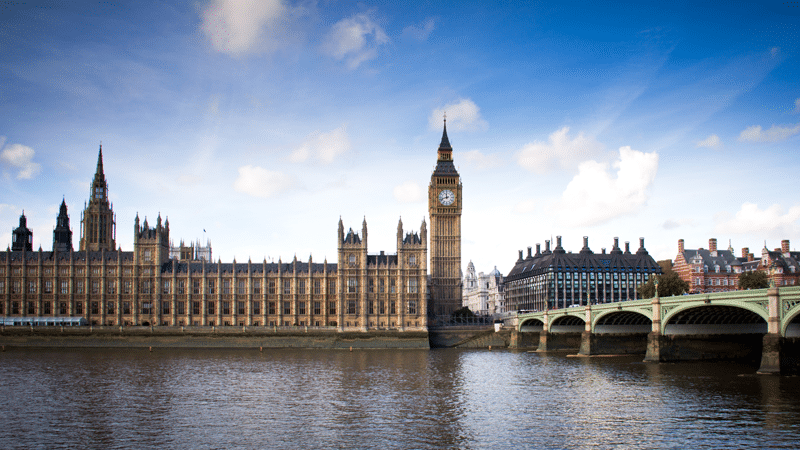The Government’s Online Safety Bill is set to become law, after final amendments were agreed by Parliament.
The amended Bill, which now awaits Royal Assent, requires both social media and pornography websites to implement age-verification measures that are “highly effective at correctly determining whether or not a particular user is a child”.
Last November, The Christian Institute welcomed the Government’s decision to drop the Bill’s concerning ‘legal but harmful’ clause, which threatened to restrict Christians’ freedom of speech online.
‘Urgency’
In a statement, Secretary of State for Science, Innovation and Technology Michelle Donelan said it would make sure “that what is illegal offline is illegal online”.
“It puts protecting children first, enabling us to catch keyboard criminals and crack down on the heinous crimes they seek to commit.”
Conservative MP Miriam Cates told the House of Commons the Bill is an “important step forward”, but warned the Government not to be so “naïve” as “to expect this Goliath of an industry to roll over and keep children safe” from porn.
She said: “There is much more to be done”, urging the Government to consider how it can further “disrupt the business model” of pornography websites.
‘Imperative’
The Christian Institute’s Ciarán Kelly welcomed the Bill’s “much-needed protections for children online”, but cautioned: “we know all too well that there is a difference between a Bill being passed and its measures being enforced.
“Similar measures were passed six years ago in the Digital Economy Act 2017, but were never implemented. Ofcom have been regulating video-sharing platforms for effective age verification since 2020 and despite persistent failures a single fine has yet to be issued. It is imperative that this time they show they mean business.”It is imperative that this time they show they mean business.
Reflecting on the victory for free speech following a long-running CI campaign, Mr Kelly said: “The ‘legal but harmful’ clause would have placed huge financial pressure on tech firms to curb content which woke activists construed as ‘harmful’.
“Institute supporters played a big part in the clause being axed, and we can all be thankful that they did. But once again it’s up to Ofcom to ensure that vague terms of service and filtering aren’t now used as alternative tools to censor Christian content. We’ll be watching to see it carries out its role effectively.”
Review
In July, the UK Government announced a review of pornography regulation to tackle any gaps which allow “exploitative, abusive and illegal” online content.
The review, which is not expected to be completed before the end of the year, is set to address the separate regimes covering online and offline pornographic material to ensure that any restrictions are consistently applied.
At the time Mr Kelly welcomed the Government’s steps to introduce robust age-verification measures but said the Online Safety Bill was “a golden opportunity to address known gaps now – for example by prohibiting online content that would be prohibited offline.
“By all means have a review to ensure that, once implemented, the law is working effectively, but don’t put off to tomorrow what can be done today.”
Pornhub employee: ‘Rapists and traffickers exploit loophole to make lots of money’


